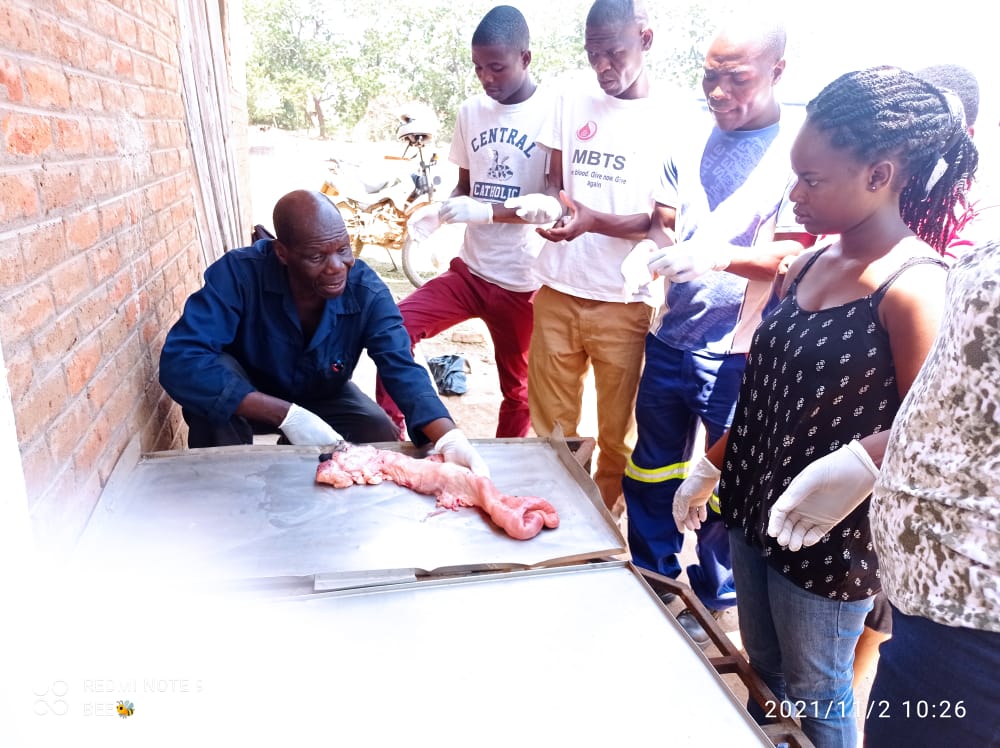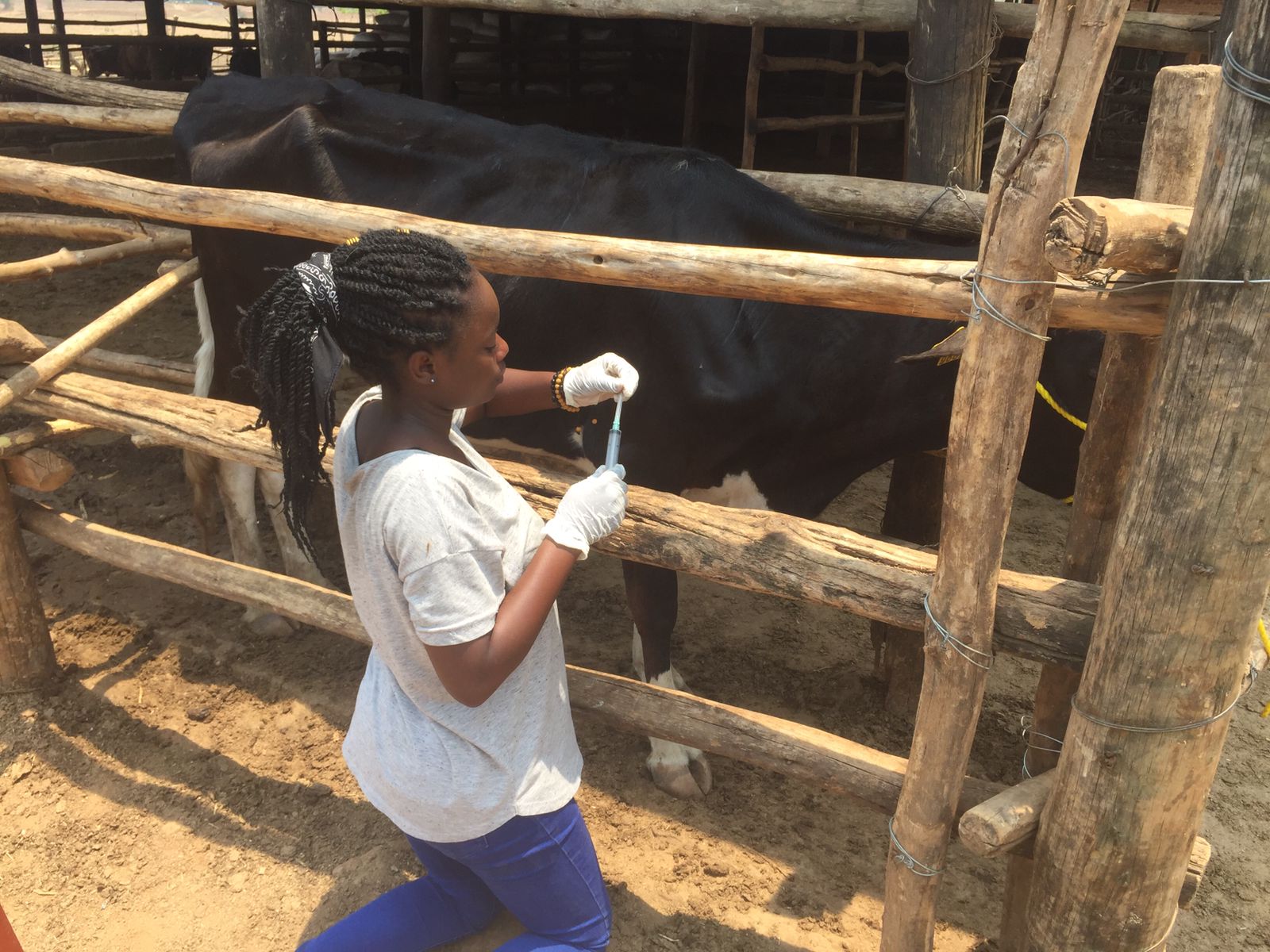Our Projects
Malawi
VIVA & SHMPA Dairy Co-Op in Blantyre
VIVA is now in its second year (2021) of a bovine brucellosis surveillance project in Malawi in collaboration with the Shire Highlands Milking Producers Association (SHMPA), a dairy co-operative in the south of the country, the main milk producing area of Malawi. Brucella bacteria infect both humans and animals causing a chronic debilitating illness in humans and fertility issues in cattle. Pasteurisation eliminates Brucella from milk, however, in Malawi, milk is often consumed raw, especially by children who drink milk directly from the cow, meaning that the risk to human health is extremely high. SHMPA is an organisation of smallholder dairy farmers and accounts for over 90% of milk producers nationally. During restructuring of the national dairy sector in 1998, the Government of Malawi handed over most of the responsibility for milk marketing and service delivery to the association and SHMPA's work expanded significantly. Membership consists entirely of smallholder farmers selling their milk through Milk Bulking Groups (MBGs), over 50% of whom are female. SHMPA provides access to extension services including technical support, training, and agricultural inputs, as well as links with MBGs which can support farmers with access to finance and other benefits. VIVA Director, Eithne Leahy, has been working with the Co-Ops vet, Roulex Owino, and the Co-Op's Farm Livestock Technicians (FLTs) to implement a study to understand the prevalence of brucellosis infected cows. The results of this study will help inform and educate farmers on milking hygiene and farm biosecurity to mitigate the risk to public health. Only by knowing what disease burden is out there can we then implement measures to act upon it. Over time, by reducing brucellosis levels, dairy cow health will be improved, and milk production will also increase. Healthy cows are productive cows; more milk will be available to the famers and their families for home consumption or for sale to increase household incomes. Also, the overall public health risk of human brucellosis will be reduced. This year we have funded the employment of an Animal Science graduate, Lisa Banda, to help Roulex with the brucellosis surveillance and to also work with the FLTs to support the smallholder dairy farmers. She will also be involved in a genetic mapping exercise related to the suitability of Jersey crosses for smallholder dairy farms in Malawi. SHMPA have been using American Jersey semen in their Artificial Insemination (AI) programmes for many years now and started using semen from Jersey Island in 2017. This project is being supported by the University of Edinburgh.
For more information please see our newsletters



